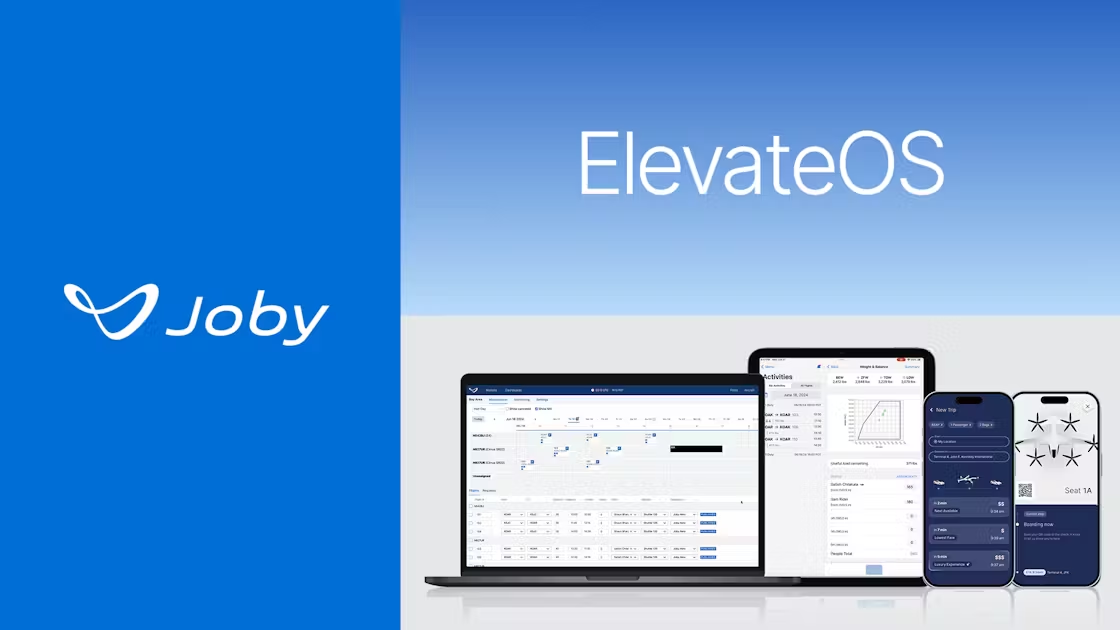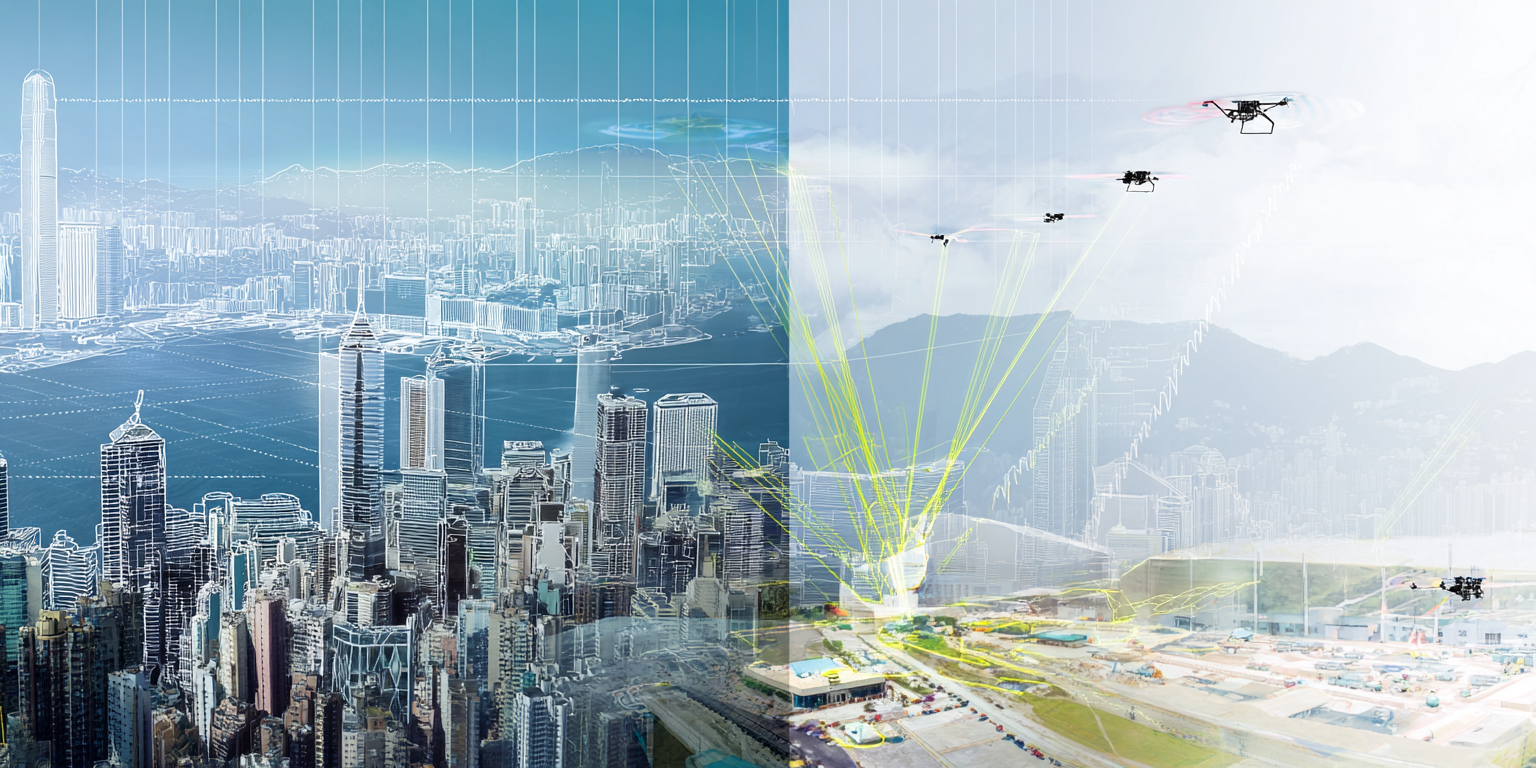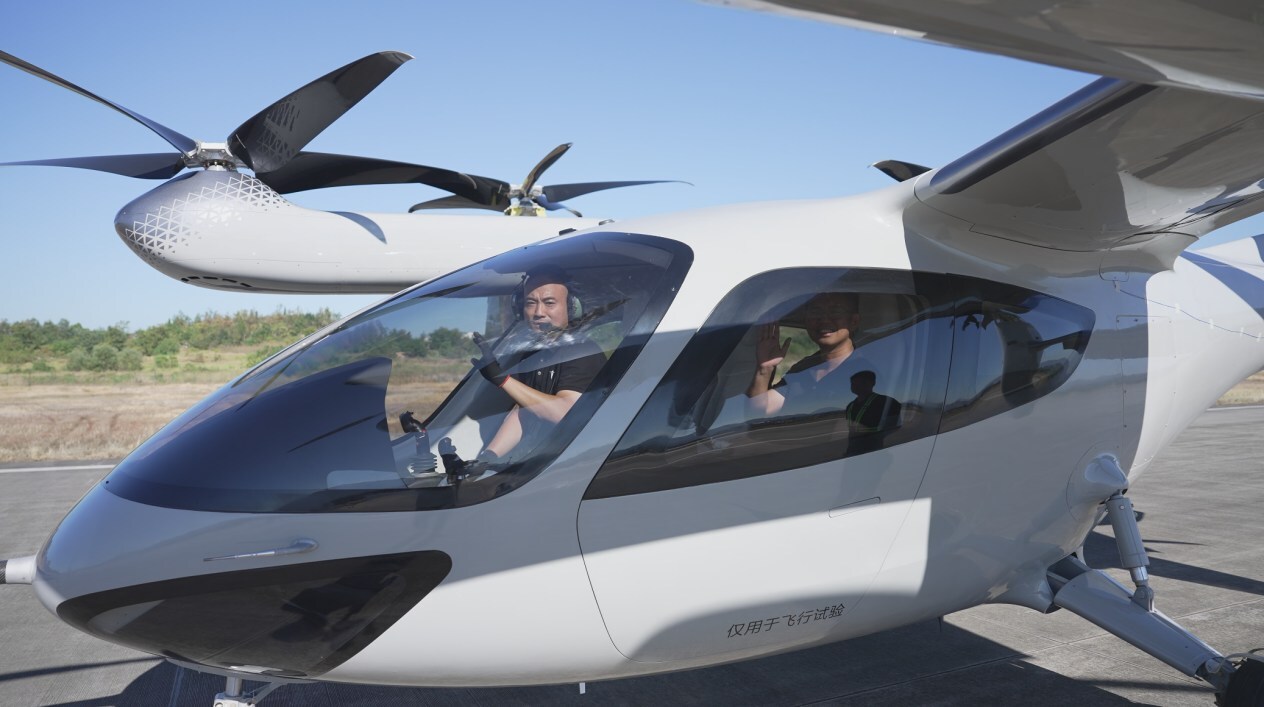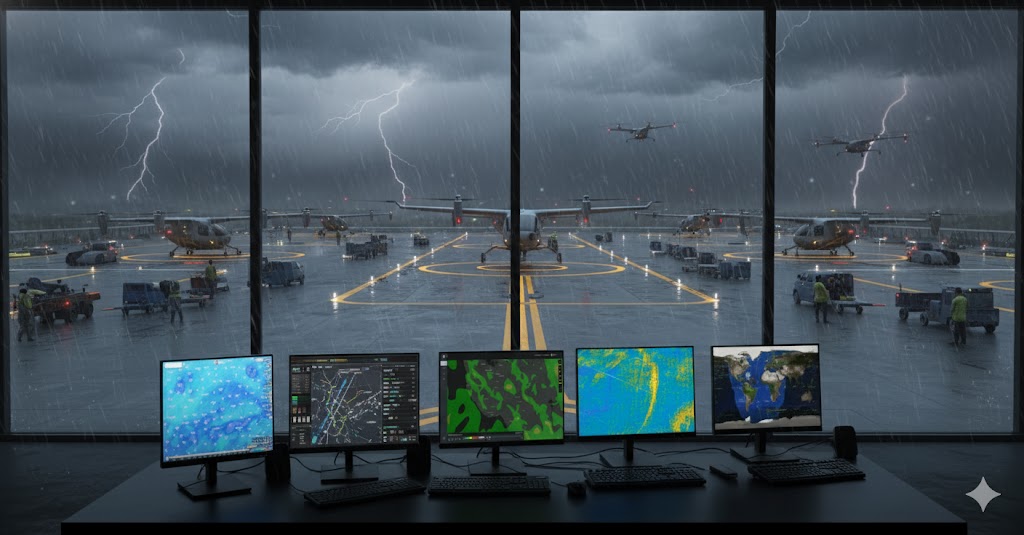Joby Aviation's acquisition of Blade Air Mobility's passenger business for up to $125 million represents a key moment in the evolution of Advanced Air Mobility (AAM) and the broader low-altitude economy. This strategic transaction brings together Joby's cutting-edge electric vertical takeoff and landing (eVTOL) technology with Blade's established urban air mobility operations, creating immediate market access and accelerating the path to commercial viability.
The low-altitude economy encompasses all commercial activities conducted in airspace typically below 1,000 to 3,000 meters above ground level, including urban air mobility, drone deliveries, agricultural applications, logistics, emergency services, and tourism. This emerging economic environment represents one of the fastest-growing segments in aviation, driven by technological advances and increasing demand for efficient urban transportation solutions.
The Acquisition Details
The deal, announced on August 4, 2025, encompasses all of Blade's passenger operations across the United States and Europe, including the valuable Blade brand and critical infrastructure. Under the terms, Joby will pay up to $125 million in stock or cash, with $35 million contingent upon achieving specific performance milestones and retaining key personnel. Blade founder and CEO Rob Wiesenthal will continue leading the passenger operations as a wholly-owned subsidiary of Joby, ensuring operational continuity.
Importantly, Blade's medical division will remain separate, rebranding as Strata Critical Medical and continuing as an independent public company. This division, which transports human organs for transplant and represents a significant portion of Blade's revenue, will partner with Joby for medical transportation services while maintaining its specialized operations.
Strategic Rationale and Market Impact
This acquisition addresses several critical challenges facing the eVTOL industry while creating ripple effects across the broader low-altitude economy ecosystem. By acquiring Blade's operational infrastructure and customer base, Joby gains immediate access to a network of 12 urban terminals in key markets, including dedicated lounges at John F. Kennedy International Airport, Newark Liberty Airport, and multiple Manhattan locations. This infrastructure provides a ready-made platform for deploying eVTOL services once certification is complete.
The deal also delivers a loyal customer base that flew more than 50,000 passengers in 2024. Joby plans to gradually transition these passengers from conventional helicopters to its quiet, electric aircraft, reducing customer acquisition costs and accelerating commercialization. This approach allows Joby to build market demand before its eVTOL aircraft achieves full operational certification.
For urban planners and municipal authorities, the acquisition demonstrates how existing aviation infrastructure can serve as stepping stones to next-generation urban air mobility services. Cities investing in vertiport planning and airspace management can observe how established operators integrate with urban transportation networks, providing valuable insights for future eVTOL deployment strategies.
Transforming Advanced Air Mobility
The acquisition signals a broader maturation of the AAM industry, which has experienced rapid evolution in 2025. The global advanced air mobility market reached $15.6 billion in 2024 and is projected to grow at a 24.8% compound annual growth rate through 2034, reaching $114.5 billion. However, these projections assume successful technology development, regulatory approval, and widespread public adoption - factors that remain contingent on overcoming significant operational and infrastructure challenges.
Joby's move reflects a strategic shift from pure technology development to building complete mobility ecosystems. Rather than focusing solely on aircraft certification, companies are now assembling the operational infrastructure, customer relationships, and service capabilities necessary for commercial success. This integrated approach reduces the risks associated with launching entirely new transportation modes, though success still depends on regulatory frameworks evolving as anticipated and consumer acceptance reaching projected levels.
Industry Consolidation and Competitive Implications
The transaction represents part of a broader consolidation trend within the eVTOL industry that is reshaping competitive dynamics across the market. Market analysis indicates that of the initial 100+ hardware developers, only six companies have secured approximately 76% of the total funding, around $5.5 billion. Some companies have faced financial difficulties, with Lilium initiating insolvency proceedings in October 2024 and Volocopter announcing insolvency in late 2024, though investor consortiums have since rescued both.
For competitors including Archer Aviation, Beta Technologies, and Eve Air Mobility, Joby's acquisition creates both competitive pressure and strategic precedent. The deal demonstrates the value of operational assets beyond aircraft technology, potentially driving other manufacturers to seek similar partnerships or acquisitions. This could accelerate industry consolidation while increasing the barriers to entry for new players lacking established operational capabilities.
Regulatory authorities are also observing these industry developments closely. The integration of existing aviation operations with emerging eVTOL technology provides real-world data on safety protocols, air traffic management, and operational procedures that inform certification standards and regulatory frameworks. The FAA and other aviation authorities can study Joby's operational integration to refine certification requirements for the broader industry.
Low-Altitude Economy Implications
This acquisition has profound implications for the emerging low-altitude economy, which is experiencing remarkable growth if current technological and regulatory trends continue. The global low-altitude economy reached significant scale in 2023, with China's market alone reaching 506 billion RMB ($65 billion EUR) and projected to reach 3.5 trillion CNY ($450 billion EUR) by 2035, contingent on sustained technological advancement and supportive regulatory environments.
The integration of Blade's operations into Joby's ecosystem demonstrates how established aviation services can serve as bridges to next-generation transportation technologies. This model provides immediate revenue generation while building the infrastructure and customer acceptance necessary for widespread eVTOL adoption, assuming public acceptance develops as industry projections suggest. The approach addresses one of the key challenges facing the low-altitude economy: the need for integrated operations that combine aircraft, infrastructure, and service delivery.
For the broader low-altitude economy, the acquisition showcases how traditional aviation services can evolve to accommodate emerging technologies. Agricultural drone operators, logistics companies, and emergency service providers can observe how passenger operations integrate new aircraft types with existing operational frameworks, potentially informing their technology adoption strategies.
Infrastructure and Ecosystem Development
The acquisition highlights the critical importance of ground infrastructure in enabling urban air mobility, while demonstrating the challenges facing widespread deployment. Joby gains access to Blade's network of passenger terminals and operational facilities, which will be essential for eVTOL operations. The broader industry is investing heavily in vertiport development, with the global vertiport market projected to grow from $0.4 billion in 2023 to $10.7 billion by 2030. However, these projections depend on the successful resolution of zoning, environmental, and community acceptance issues.
Vertiports require specialized infrastructure, including landing pads, charging stations, passenger terminals, and integration with existing transportation networks. The complexity and cost of developing this infrastructure represent a significant barrier to entry for new operators and a potential constraint on industry growth if infrastructure development lags behind aircraft certification. By acquiring existing facilities through Blade, Joby bypasses much of this infrastructure development timeline and cost, though the scalability of this approach across multiple markets remains to be proven.
Cities and airport authorities are closely monitoring these infrastructure investments to understand the land use, noise, and traffic implications of urban air mobility. The integration of Blade's facilities with Joby's operations will provide data on operational intensity, passenger flow, and community impact that informs future infrastructure planning decisions.
Technology Integration and Operational Synergies

Joby plans to integrate its ElevateOS software platform, originally developed from its acquisition of Uber Elevate, into Blade's operations. This platform manages high-tempo air taxi operations, including rider apps, pilot apps, and backend operations software. The integration will create operational efficiencies while providing a foundation for transitioning to eVTOL aircraft, assuming the software proves adaptable to the operational complexities of electric aircraft operations.
The company's approach reflects broader industry trends toward vertical integration and ecosystem development. Rather than simply manufacturing aircraft, successful AAM companies are building comprehensive platforms that include software, operations, infrastructure, and customer experience. This integrated approach addresses the complexity of launching new transportation services in regulated urban environments, though success depends on achieving seamless integration across multiple operational domains.
For technology providers and software developers serving the aviation industry, Joby's integration efforts demonstrate the importance of operational platforms that can accommodate multiple aircraft types and operational models. This creates opportunities for specialized software and service providers while establishing performance benchmarks for integrated operations platforms.
Regulatory and Certification Progress
Joby's acquisition occurs as the company makes significant progress in FAA certification, though regulatory approval timelines remain subject to safety and performance validation requirements. The company has completed 43% of FAA Stage 4 certification requirements and 62% of internal work, with Type Inspection Authorization flight testing scheduled within 12 months. This regulatory momentum is critical for commercializing eVTOL services and justifies the investment in operational infrastructure through the Blade acquisition, assuming certification proceeds without significant delays or additional requirements.
The regulatory landscape for AAM continues to evolve rapidly, with aviation authorities worldwide developing certification frameworks tailored to eVTOL aircraft. The FAA's classification of eVTOLs as "powered-lift" aircraft represents a new category in nearly 80 years, signifying the regulatory system's adaptation to emerging technologies. However, the pace of regulatory development may not align perfectly with industry commercialization timelines, potentially affecting projected market growth rates.
For other aviation manufacturers and operators, Joby's certification progress provides insights into regulatory requirements and approval processes. The data generated from integrated operations with Blade's existing services will inform certification standards and operational procedures across the industry, potentially accelerating regulatory approval for subsequent applicants.
Market Outlook and Future Implications
The Joby-Blade acquisition positions both companies to capitalize on the projected growth of urban air mobility services, if technology, regulation, and public adoption develop as anticipated. Industry projections suggest the UAM market could reach $280 billion in passenger revenue by 2045, with a fleet of 30,000 eVTOLs supporting three billion passenger trips annually. These projections assume successful technology development, regulatory approval, infrastructure deployment, and consumer acceptance at levels that remain to be validated through operational experience.
The acquisition also demonstrates the potential for established aviation companies to serve as platforms for deploying next-generation technologies. This model could accelerate industry development by providing existing operational capabilities, customer relationships, and infrastructure that new entrants would otherwise need to develop independently. However, the scalability of this approach depends on the availability of suitable acquisition targets and the ability to integrate diverse operational systems successfully.
For investors and market participants, the transaction establishes valuation benchmarks for operational aviation assets while demonstrating the strategic value of infrastructure and customer relationships in the emerging AAM market. The deal's success will influence future investment patterns and acquisition strategies across the industry.
The transaction represents a strategic evolution in the low-altitude economy, moving beyond pure technology development toward integrated mobility services. As eVTOL technology matures and regulatory frameworks solidify, the industry's focus is shifting to building sustainable business models that can deliver safe, efficient, and economically viable urban air transportation. Joby's acquisition of Blade exemplifies this strategic shift and positions the combined entity to influence the transformation of urban mobility in the coming decade, contingent on the successful execution of integration plans and continued progress in technology and regulatory development.




